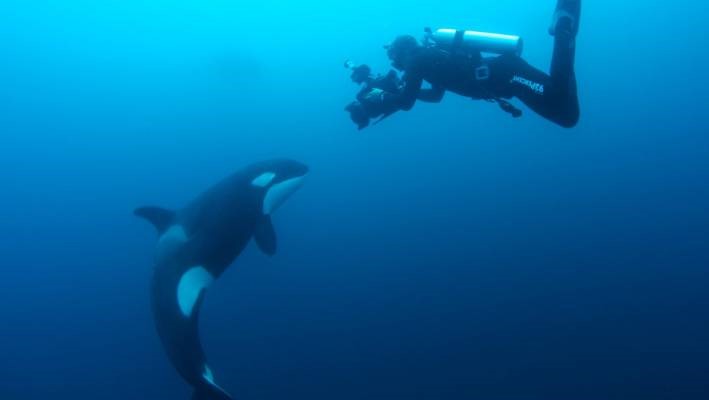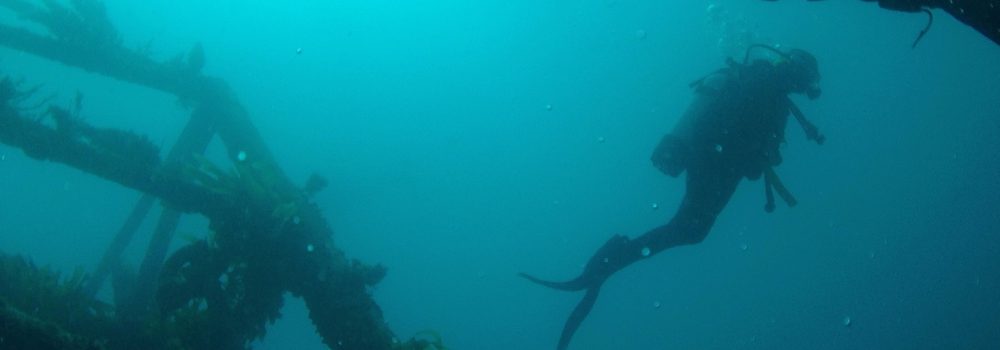Scientists have found killer whales can even scare off white sharks but they can’t survive high pollution levels in the northern hemisphere.
Source Stuff NZ

“When confronted by orcas, white sharks will immediately vacate their preferred hunting ground and will not return for up to a year, even though the orcas are only passing through,” said Salvador Jorgensen, senior research scientist at Monterey Bay Aquarium.
Minutes after orcas appeared to feed on elephant seals, researchers said white sharks began swimming offshore or crowding together at other seal colonies farther along the coast.
“After orcas show up, we don’t see a single shark and there are no more kills,”
Other studies show that while orcas don’t have to worry about sharks they do have to worry about pollution. Researchers said they feared killer whale populations near industrialised regions were at high risk of population collapse over the next hundred years.
Rebecca Wellard, a PhD scholar studying orcas and ecology at Curtin University in Australia, said killer whales were apex predators and “sitting at the very top of the food chain means they are more susceptible to pollutants in the ocean”.
“What makes PCBs unique from other toxins is that its molecules are extremely fat-soluble, meaning they accumulate easily in fats. Unfortunately, once these PCBs are in the orca, the toxins don’t go away,” she said.
In 2016, a killer whale, nicknamed “Lulu” was found dead off the coast of Scotland with one of the highest levels of PCB contamination ever found in an animal. Scientists said last year the 20-year-old Lulu had never reproduced, even though most female killer whales reach breeding age at around 10.
Jean-Pierre Desforges from Denmark’s Aarhus University said, “Over 50 per cent of those populations either had zero growth or they had considerable population decline, and for the worst cases a complete collapse.”
We knew that the PCB levels were high but it was really quite startling when we ran the numbers,”.

ELI MARTINEZ
Britain’s killer whale population is showing significant signs of decline with no newborn calves for over a decade.
Killer whales at Bremer Canyon have “Aussie accents”.
Project Orca has been photo cataloguing killer whales and recording their vocal calls in the Bremer Sub-Basin, 70 kilometres offshore between Esperance and Albany.
Bec Wellard is a marine biologist at Curtin University and a supervising researcher with the project. “They do have an Australian accent,” she said. “They’re slightly different to other killer whale call repertoires from around the world.”
More than 150 individual whales have been photo catalogued. Summer killer whale cruises leave from Bremer Bay for the canyons in summer at about $385 a trip.
